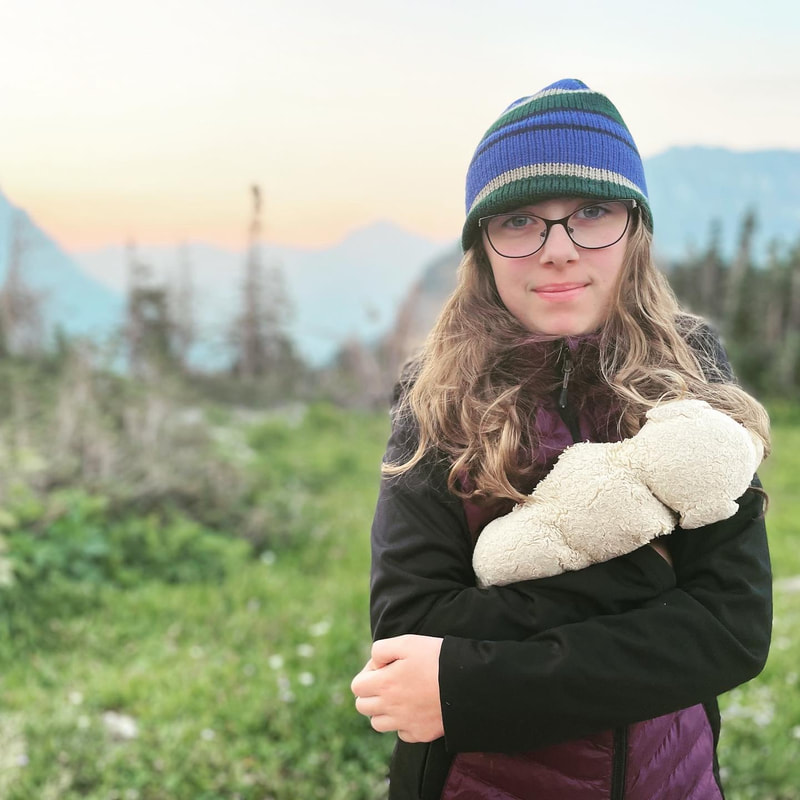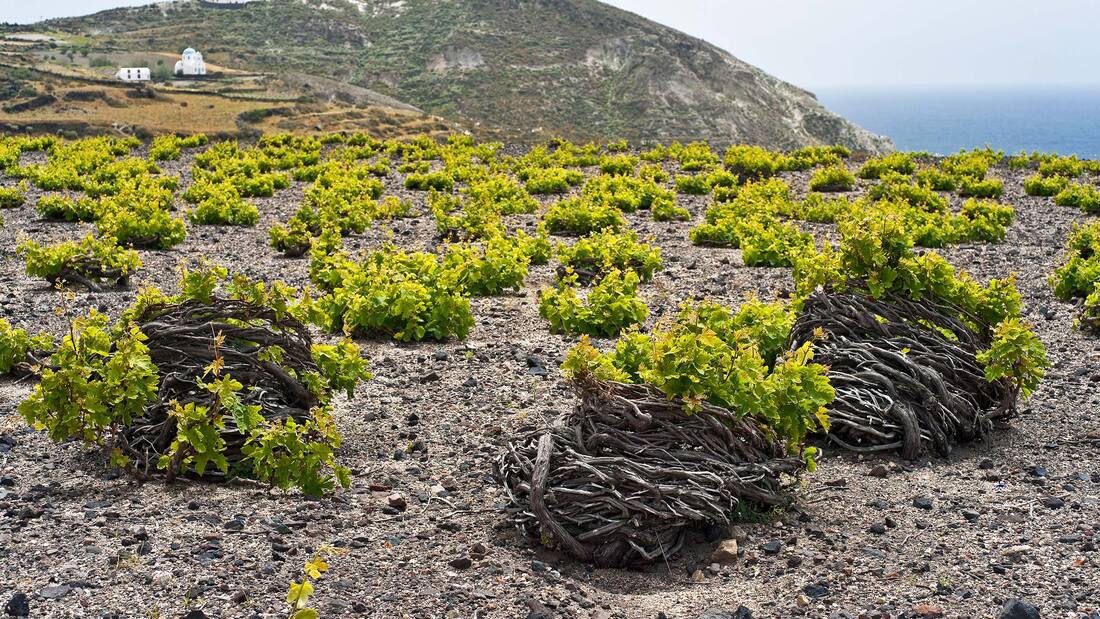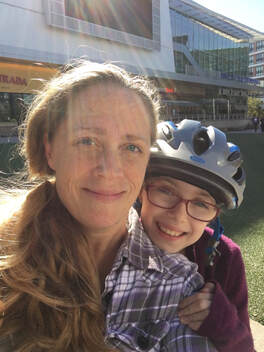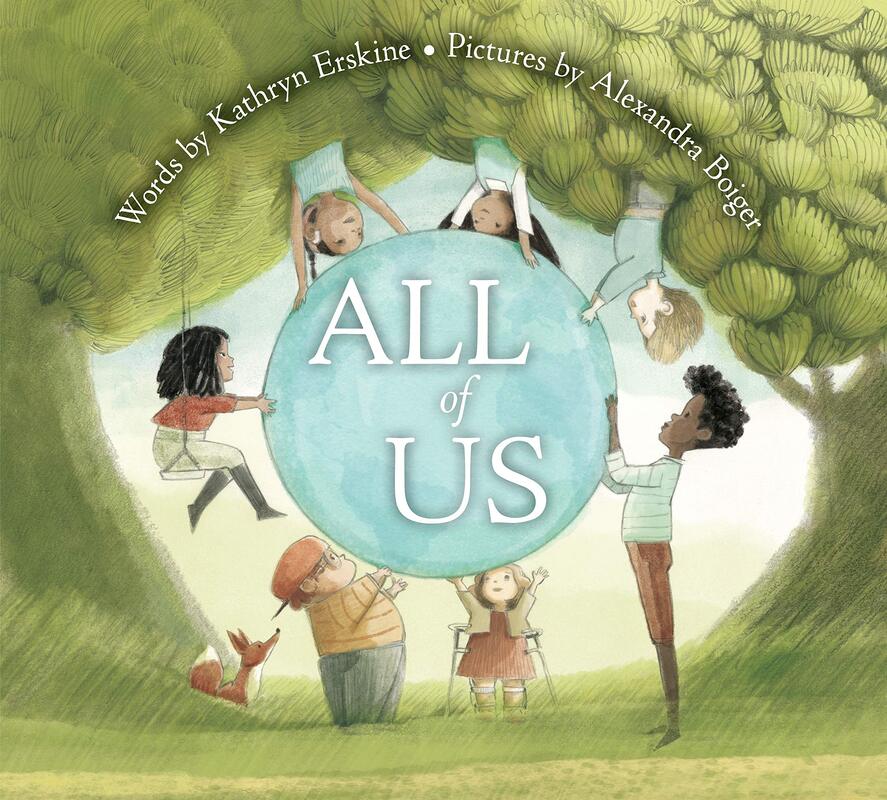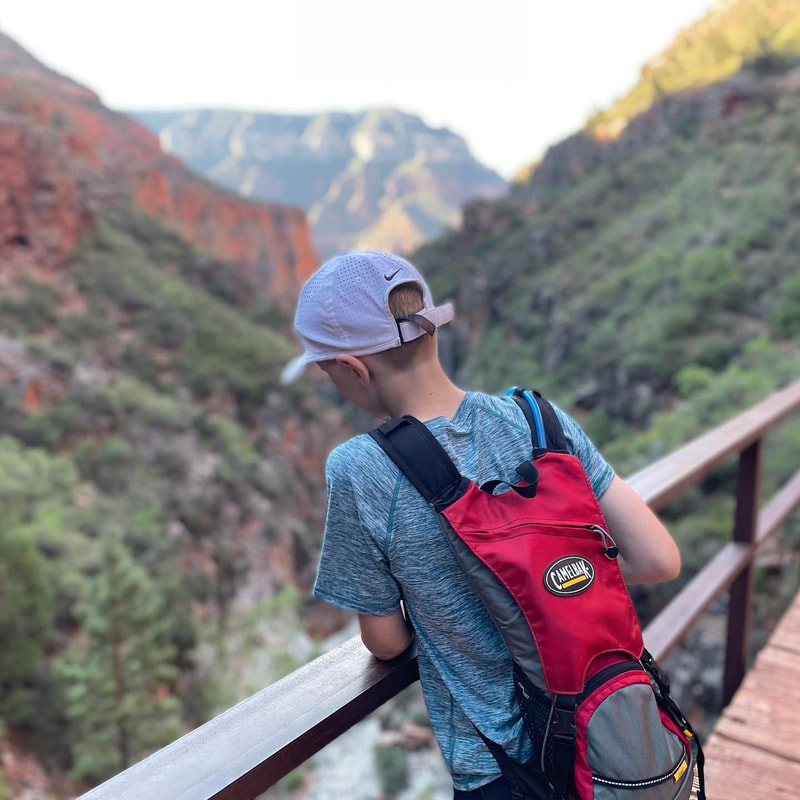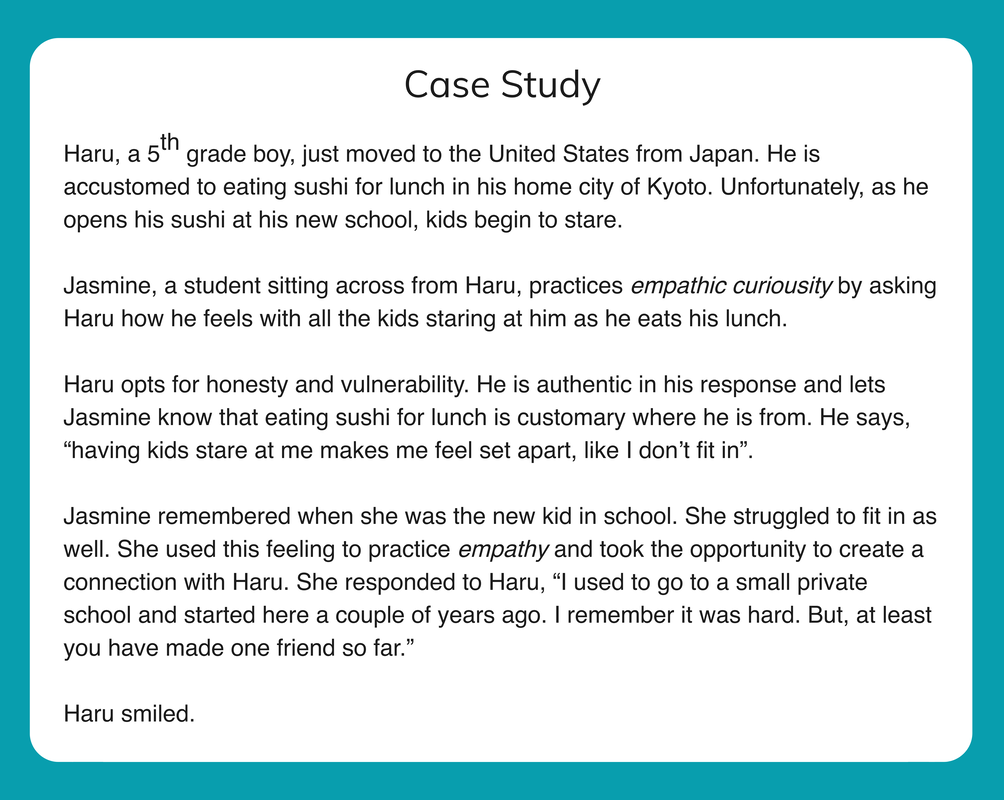The Power of Preservation and PruningThere's a unique grapevine in Santorini, Greece producing some of the oldest grapes and most expensive wines. This vine spends cool, moist evenings soaking up as much moisture as it can to prepare for the next day's scorching. The hot, dry days, impoverished soil, harsh winds, and ocean saltwater contribute to the adversity this grape will face throughout its 15-year development stage. It is not through sheer luck these grapes have survived. The grapevines in Santorini naturally hug the earth, doing their best to protect themselves from the harsh elements. Harvesters also prune the vines to form a circular basket structure similar to a wreath. A style of growing known as a kouloura. The result of careful pruning and instinctual preservation provides a refuge inside the wreath protected from the elements for the grapes to flourish. This masterful combination is proven effective when considering the length of time grapes need to grow to reach their maturity. Personal Preservation JourneyThe Santorini grape vines have become an icon for me in my own life. The harsh elements I have faced over the years are varied. As a people pleaser, disapproval can often feel like the sting of salt water in a deep wound. While hiking the Grand Canyon last year as a family, I felt the weight of defeat under the dry, hot sun. That hike challenged every physical, mental, and emotional barrier in me. Professional and personal life experiences have felt the same. Sometimes, I feel bombarded with a never-ending list of challenges and to-dos. This “tossing in the wind” can leave me feeling dizzy and directionless. Finally, my nourishment demands healthy foods, exercise, spiritual growth, quiet time to myself, and a strong community. When these requirements are lacking my soil can feel impoverished. Preservation does not mean growth. Preservation keeps us from damage or decay. Preservation is just the beginning. Unfortunately, external substances, activities, or internal beliefs can disguise themselves as instruments for preservation. For years I used alcohol as a tool to “preserve” my life. I cherished its powers to provide stress-relief, freedom from my thoughts, bursts of energy, and unencumbered joy. While alcohol was able to provide momentary freedom, the lasting effects resulted in enslavement. My ability to produce fruit for my family and at work was stunted. Considering the fruit your preservation methods yield will be the true measure of their value. Healthy preservation methods will yield good fruit: contentment, patience, thoughtfulness, gratefulness, and growth mindset to name a few. Personal Pruning JourneyRecognizing areas of false preservation is one step, pruning them is another. Unlike preservation, pruning will help you to grow and flourish. Cutting alcohol from life was like losing a best friend. I had relied on this friend to see me through some of the worst times in my life. This friend was always with me when it was time to celebrate. I had spent more of my life with this friend than without it! Rationalizations and internal battles fought to keep us together. Ultimately, knowing my potential impact without it, defeated my selfish desire to cling to it. I did not believe I could do what I was meant to do unless I was willing to become who I was supposed to become. Nor could I become who I was supposed to become unless I did what I needed to do. This is true for all of us! It has been almost three years since I cut alcohol from my life. My grief stage has ended. I'm living with more joy, contentment, and strength than expected. Relationships in my life have changed dramatically. Perhaps, none more significant than my relationship with my daughter. Unique Nature vs. Unique Needs
At one time, I allowed an external substance to choke my daughters development and damage our relationship. Now, my daughter is one of many “grape bunches” maturing safely within my kouloura. My willingness to prune replaced anger, bitterness, guilt, shame, impatience, and sorrow with love, peace, joy, strength, gentleness, and clarity. I love wine! Someday, I hope to taste the prized whites of Santorini, Greece. However, I understand that success is a journey, not a destination. Santorini's grapes are not the prize, their preservation and pruning journey is. Rather than look forward to a reunion with an old friend, I will harness the life lesson Santorini grape vines offer. I will sip on the success that comes from healthy preservation and active pruning in my own life. Want to move toward deeper and healthier relationships with your children? Grab our FREE guide, Three Steps To Deepen My Child's Sense of Belonging, join our parent community, or connect with me by clicking the "Let's Connect" button at the bottom right.
1 Comment
Author Kathryn Erskine grew up cross-culturally, splitting her developmental years between Europe, Africa, and North America. Like many Cross Cultural Kids (CCK's) - a person who has lived in or meaningfully interacted with two or more cultural environments for a significant period of time during developmental years - Kathryn had to re-establish a sense of belonging at each school and with each move. She had to cultivate her "we". Have you ever considered that "we" is not possible without "me"? This is one of the many reasons why we love, All of Us. The author starts and ends the book with "me". One little girl, all alone in the world, who introduces the collective possibilities of humankind. Effective Global CitizenshipAnother reason why we love this book, is because we feel it exemplifies our definition of global citizenship and supports our mission to unify school communities. We believe you can be an effective or ineffective global citizen. It is because of this, we champion effective global citizenship, rather than global citizenship. Effective global citizenship requires three elements:
This last criteria may be the most challenging, but is also the most rewarding. It is through our willingness to learn from others that we become more effective. This requires vulnerability and empathy; skills not readily practiced and that cause discomfort. Erskine's UtopiaThe third, and most significant reason we will use and share, All of Us, is because of the vision carried through the story. Erskine's story presents a utopia of unity. She captures the possibility humanity has when we shift our perspective from a local "we" to a global "we". I am sure Kathryn carries challenging memories of division and separation throughout her moves as a child. But, I would hasten to say, she also witnessed unlikely collectives providing a positive impact on this world. I am sure she has seen the potential in specific examples throughout her travels. It is through this lived experience, that All of Us carries an authentic and hopeful message. Ultimately, whether you are a child or adult, this is a beautifully written and illustrated book that provokes greater unity and instills hope. ApplicationCultured Kids boasts the potential for picture books to transform individuals, families, classrooms, and schools. We believe picture books are for all people, all ages, all stages. The right picture book could simplify a message you have been trying to share with your staff, your classroom, or your children. Additionally, the introduction and discussion around picture books can be a refreshing change of pace. It is with this in mind that we have created a book discussion and resource tool for school leaders, educators, and parents. Additionally, while I would encourage you to use this tool to insight change within your school, classroom, or home, I would also encourage you to reflect on your own personal development as well. A Brief History of Empathy
Empathy is a rather new discovery and has evolved since its first introduction to the United States in the early 1900’s. The word empathy means “in-feeling”. The Greek “em” means “in” and the Greek “pathos” means “feeling.”
Upon its origination, it was characterized as a person’s ability to project their feelings into the world. In a Psychology Today article, Dr. Susan Lanzoni Ph.D., shares a couple of examples of this:
Like any newfound knowledge; time, technology, and curiosity, lead to improved understanding and additional discoveries. As we neared the mid-1900’s psychologists began to consider a person’s empathy for others; the ability to put themselves in others' shoes. Then, in the late 1900’s neuroscientists discovered mirror neurons. This added a new layer of interest and understanding about empathy. Today, empathy, like curiosity, is riddled with complexity. Social Psychologist C.Daniel Batson, an empathy researcher, explores eight different facets of empathy. His work, while interesting, is far too complex when it comes to our focus on school communities. Why is this brief history of empathy important for school leaders?
Empathic Curiosity
Last week we shared an article, “Help Me Discover Who I Am", about the connection between learner identity development and curiosity. One of the three types of curiosity shared in this article is called empathic curiosity. Empathic curiosity motivates understanding about the thoughts and feelings of other people.
This is where empathy and curiosity collide. Understanding and practicing empathic curiosity can help your learners be known. It is through this interest and questioning of one another’s thoughts and feelings that opportunities for authenticity and connection are created. However, empathic curiosity will not lead to authenticity and connection without empathy.
The above case is fictitious and uncommon in most school communities. In fact, it is uncommon in life. But, this is where Cultured Kids is making an impact. Within the provided case are the following steps:
However uncommon the outcomes, this scenario is widespread in American schools, especially in diverse metropolitan areas. It is not beholden to food, but is expressed through differences in clothing, areas of interest, customs celebrated, hair products used, languages spoken, and physical characteristics. If any one of the following steps was not executed the opportunity for connection would be lost, trust not established, and the sense of belonging diminished. While it was Jasmine’s empathic curiosity that created the opportunity for connection, it was her practice of empathy that created the connection. Additionally, her ability to practice empathy required Haru’s vulnerability. Empathy As A Bridge To Belonging
If vulnerability is present, empathy will be the bridge needed to establish trust. You can easily replace vulnerability with authenticity here. When your learners are confident and understand who they are, they can choose whether or not to share who they are with others. Choosing authenticity means risking physical or emotional harm (vulnerability).
The more your students choose authenticity and practice responding to authenticity with empathy, the more trust will prevail. From this place of trust an increased sense of belonging and greater school unity will follow. Global Citizenship
Now, take a moment to transition from your internal perspective (your school community), to an external perspective (the world). Empathy...
Your ability to adopt and practice empathy as a school community will not only foster school unity, but will lay the foundation for your learners to succeed as effective global citizens. Let's Build Bridges
Apathy is a lack of feeling; to not care. Apathy is the opposite of empathy. Ineffective global citizens will be apathetic. How will they cross the chasm? We need to build bridges of empathy.
While giving a speech at Northwestern In 2006, Barack Obama said, “As you go on in life, cultivating this quality of empathy will become harder, not easier. There’s no community service requirement in the real world; no one forcing you to care.” Understanding that empathy development will become more challenging for learners as they age means that apathy will become easier. Cultured Kids does not exist to merely help kids understand and practice empathy, but to own it! We want empathy to be a part of each child’s way of life. We want children to lead with empathy and to be shielded from apathy. Cultured Kids sees school communities as a microcosm of the world. This microcosm is not merely an institution to support children's' education, it is a potential model for what is possible to achieve in the world. By partnering with leaders who prioritize empathy, we are ensuring the next generation of world leaders have a chance at effective global citizenship.
|
�
Categories
All
Archives
September 2023
|
Follow Us
© Cultured Kids Inc.

